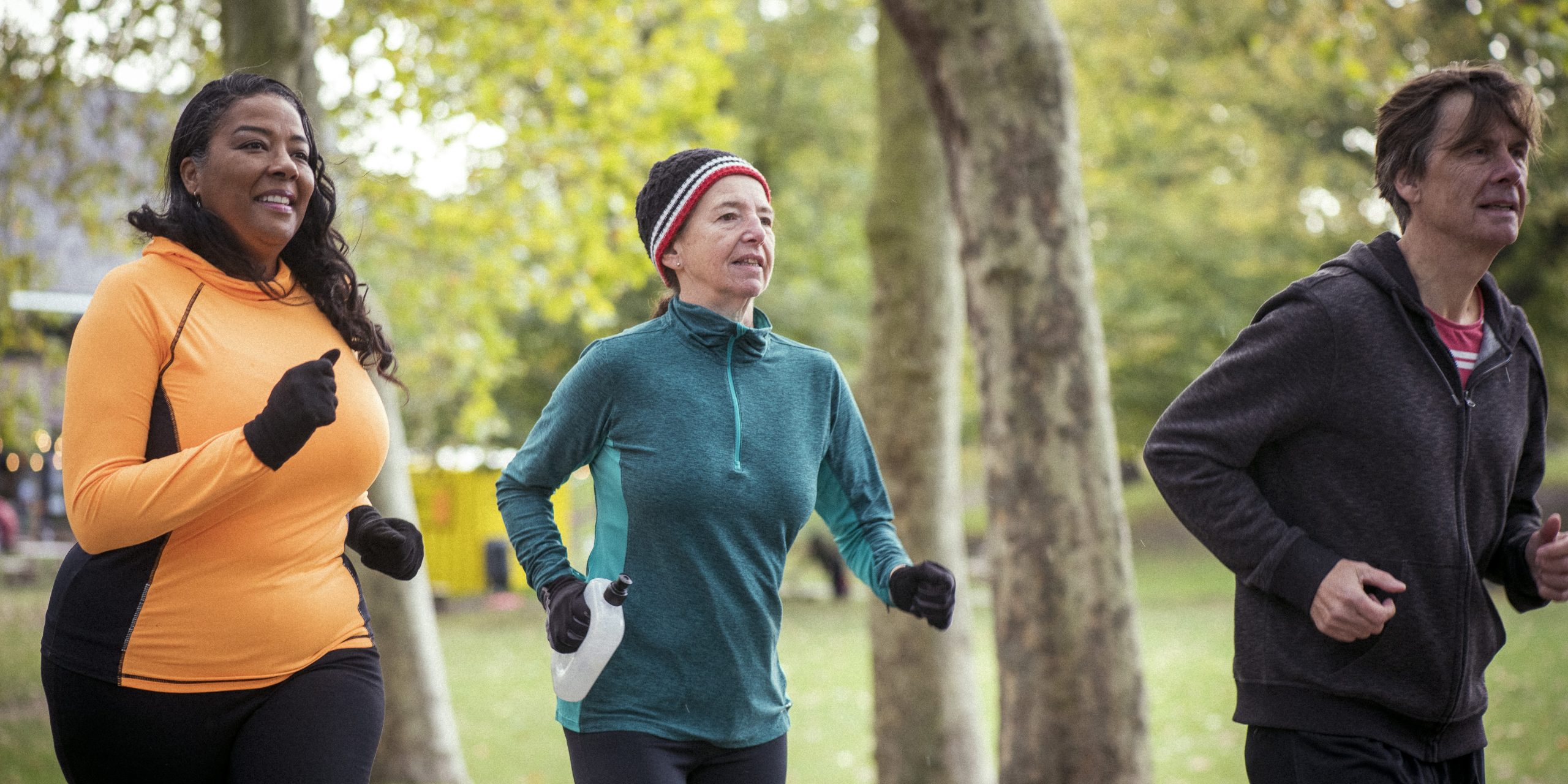
- Date and Time
- 17th November 2021, 17:30 - 19:45
- Booking
- The event has passed
Speakers’ talks are available to view at the following times:
Professor David Stensel, Professor of Exercise Metabolism at Loughborough University: Too much of a good thing – can excessive exercise really damage the heart? (2 mins 20 secs)
Dr Katherine Brooke-Wavell, Senior Lecturer in Human Biology at Loughborough University: Exercise and bone health – evidence informed best practice (37 mins 09 secs)
Dr Mhairi Morris, Senior Lecturer in Biochemistry at Loughborough University: Trying to outrun cancer: the benefits of exercise across the cancer continuum (1 hr 07 mins 42 secs)
Dr Natalie Pearson, Senior Research Associate, Loughborough University: Movement behaviours in young people – finding the balance (1 hr 35 mins 30 secs)
Healthcare professional lifestyle education series – Session 5
This session was the final event in a series of five expert talks providing a continued professional development opportunity for individuals working within healthcare who have a special interest in lifestyle medicine.
Each talk provided cutting-edge information relating to developments within the fields of exercise as medicine, nutrition, and behaviour change. Led by a team of world-leading academics, each talk conveyed the key take-home messages from the latest research with the aim of extending the knowledge and understanding of those with a basic interest in the field.
Prof David Stensel: Too much of a good thing – can excessive exercise really damage the heart?
The high-profile cardiac arrest (heart attack) suffered by the Danish professional footballer, Christian Eriksen, at Euro 2020 is the latest of several such incidents which have occurred in football (e.g., Fabrice Muamba in 2012) and other sports (e.g., marathon running and triathlon) in recent decades. Such events bring in to question the potential risks of strenuous exercise and the possibility that some types of exercise might damage the heart. This talk examined the evidence linking strenuous exercise with risk of cardiac arrest and atrial fibrillation (a common heart rhythm disorder) to enable a better understanding of the balance between risks and benefits of exercise for heart health.
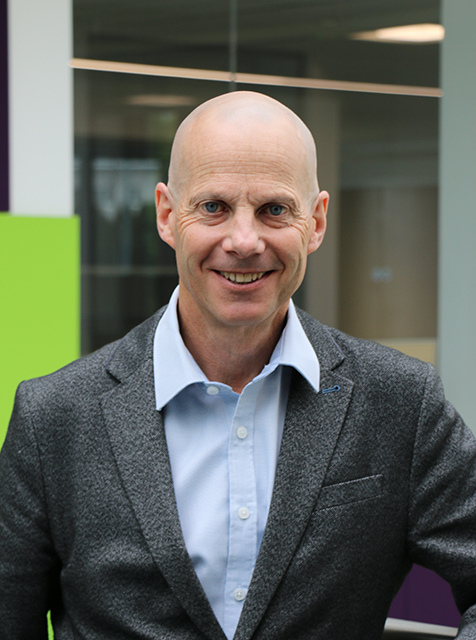 |
Professor David Stensel is Professor of Exercise Metabolism and Associate Dean for Research in the School of Sport, Exercise and Health Sciences at Loughborough University where he has worked for the past 21 years. David is also the Lifestyle Theme Lead for the NIHR Leicester Biomedical Research Centre and a member of the NIHR Diet, Activity Research Translation (DART) Collaboration. David’s research addresses links between physical activity and health and in particular the potential of exercise for lowering the risk of developing chronic disease. Aside from his roles at Loughborough University and with the Leicester Biomedical Research Centre, David is Editor-in-Chief for the International Journal of Obesity and a member of the British Nutrition Foundation Scientific Committee. The third edition of his textbook, Physical Activity and Health: The Evidence Explained, was published in July 2021. |
|---|
Dr Katherine Brooke-Wavell: Exercise and bone health – evidence informed best practice
Physical activity and exercise can reduce the risk of osteoporotic fracture by increasing bone strength and reducing fall risk. Unfortunately, concerns about fracture during movement often limit the activity of those diagnosed with osteoporosis, and this inactivity may reduce quality of life and further increase fracture risk.
A further challenge is that the optimal types of exercise for bone health differ from those for other health outcomes. This talk gave an overview of the types of physical activity and exercise that are effective on bone strength and fall risk.
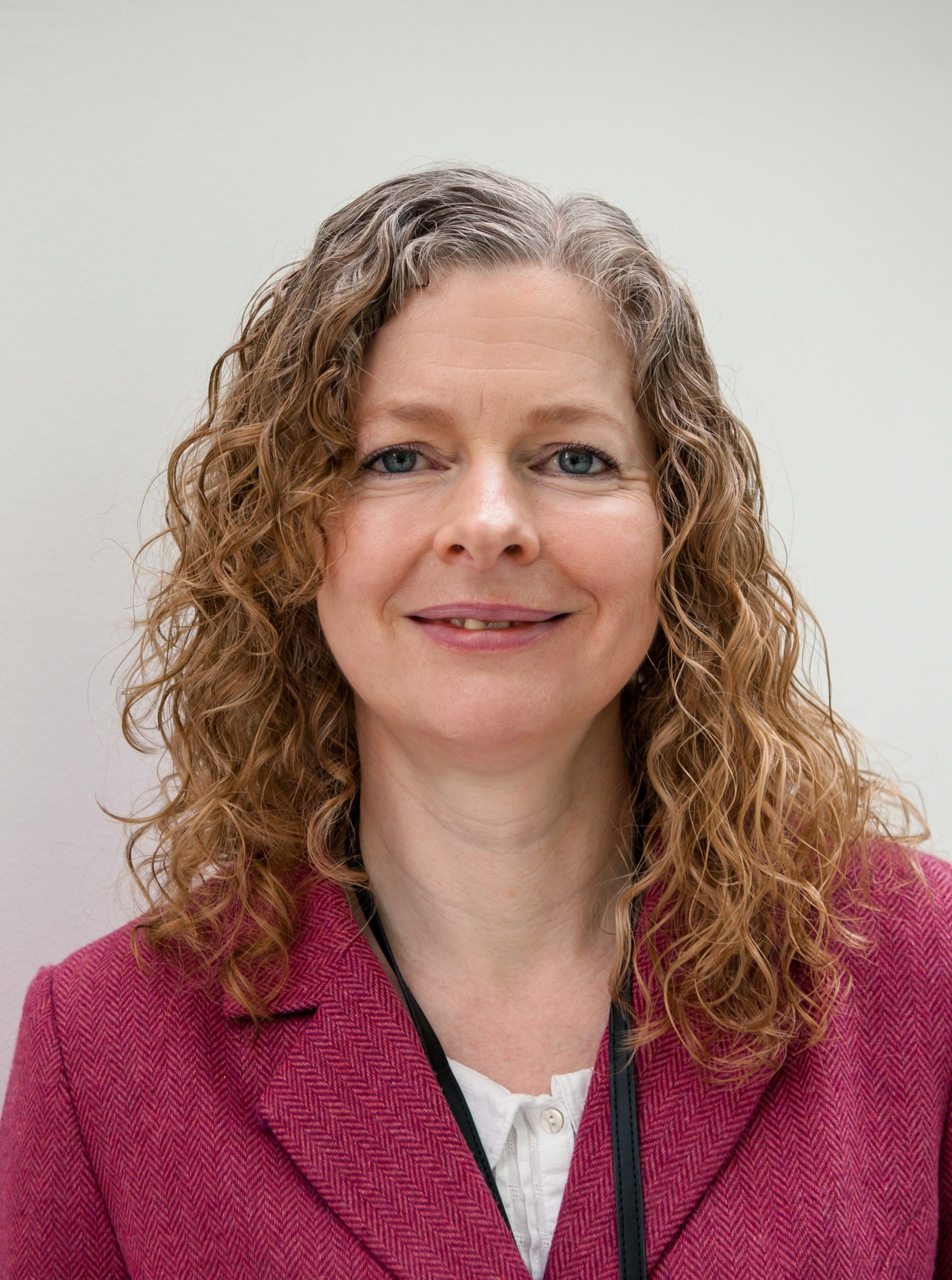 |
Dr Katherine Brooke-Wavell researches the effects of exercise on bone health, with a particular focus on how to reduce risk of osteoporotic fracture. This research makes use of scanning technologies to assess bone mass and shape as well as biochemical markers to assess bone turnover. She is a member of the Royal Osteoporosis Society Exercise Expert group who have recently developed guidance on Exercise and Osteoporosis. |
|---|
Dr Mhairi Morris: Trying to outrun cancer: the benefits of exercise across the cancer continuum
It is becoming increasingly apparent that physical activity and exercise play a key role in reducing cancer risk and helping to improve patient outcomes yet defining precise exercise ‘prescriptions’ is challenging. This presentation will cover the importance of exercise throughout the cancer continuum: from prevention to reducing secondary risk, as well as the benefits of exercise as prehab for treatment.
There are numerous molecular and cellular events that govern this protective mechanism, but this presentation focused on the impact of exercise on immune function in cancer patients, and the current recommendations for exercise in cancer survivors.
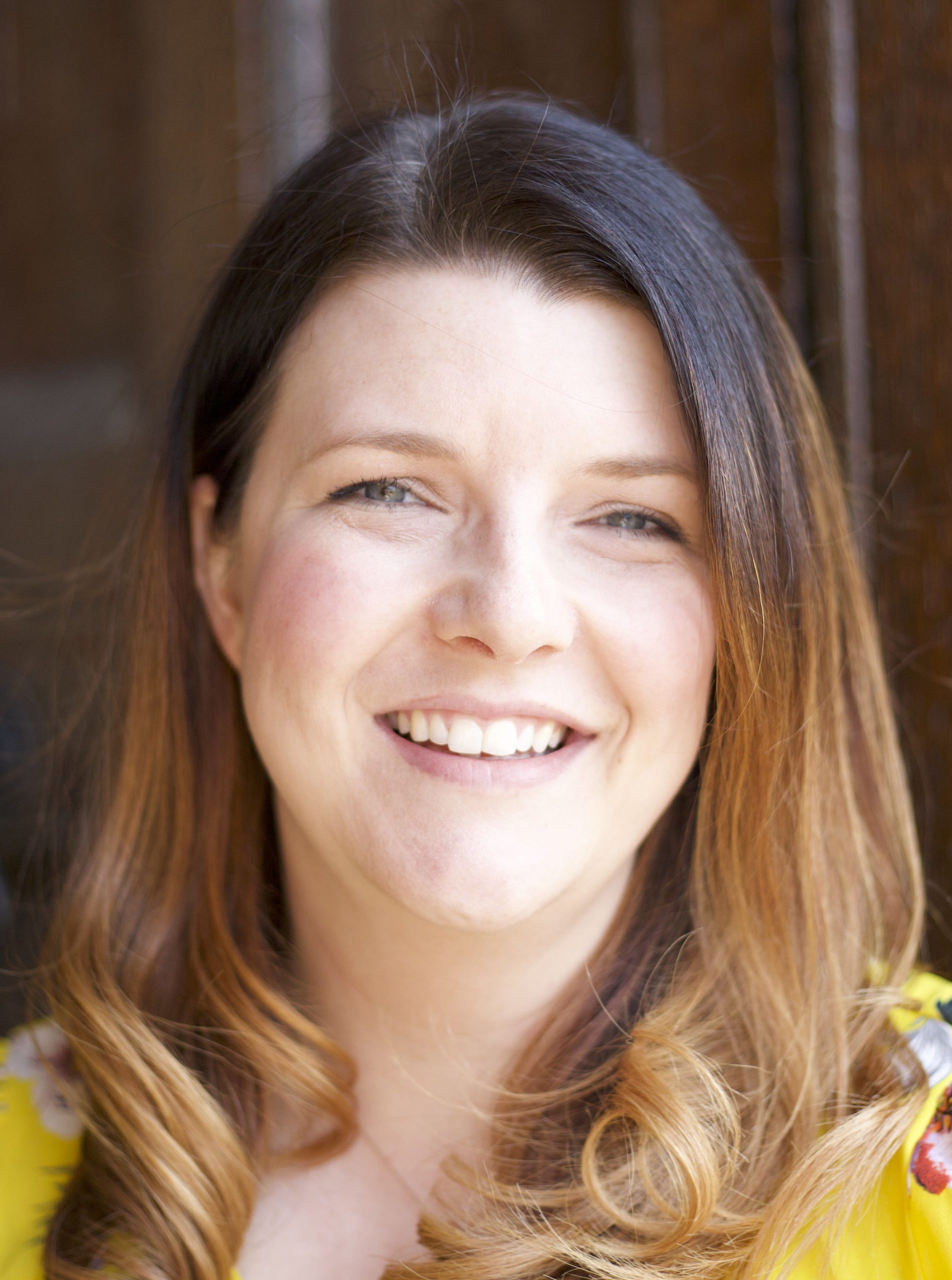 |
Dr Mhairi Morris has a degree in Medical Biochemistry from the University of Glasgow and a PhD in tumour virology from the University of Birmingham. Since joining Loughborough University in 2017, Mhairi’s research interests now centre around the role of physical activity and exercise in preventing cancer metastasis and using 3D in vitro models for investigating the impact of exercise on other cell types in the tumour microenvironment. Mhairi currently supervises two PhD students at Loughborough University and she sits on the editorial board for Pathogens and Frontiers in Physiology open access journals. |
|---|
Dr Natalie Pearson: Movement behaviours in young people – finding the balance
Being physically active from a young age has important immediate short- and long-term health implications, including lower levels of obesity and mental health conditions such as anxiety and depression. However, there is consistent data from across the world suggesting that children and adolescents are insufficiently active (i.e. do not meet recommended levels of physical activity), that girls are less active than boys and that physical activity declines with age. Increasing physical activity levels among young people has long been a target for public health practitioners and policy makers, with little success to date. Recent evidence calls for a move away from trying to increase physical activity towards finding a healthy balance between daily behaviours.
Given that time is finite, it is important that we understand that for young people to allocate extra time to being physically active that time must come from other activities within the day such as sitting time (sedentary) or sleep. Sitting time and sleep account for more than 90% of many young people’s 24-hour days and have independently been linked to health outcomes. Re-allocating time from these behaviours, rather than trying to solely increase physical activity could offer a more feasible approach to finding a healthy balance and instilling long term healthy habits in young people. This talk outlined some of the recent evidence on movement behaviours in young people and discuss the implications of considering the 24-hour context for movement behaviours.
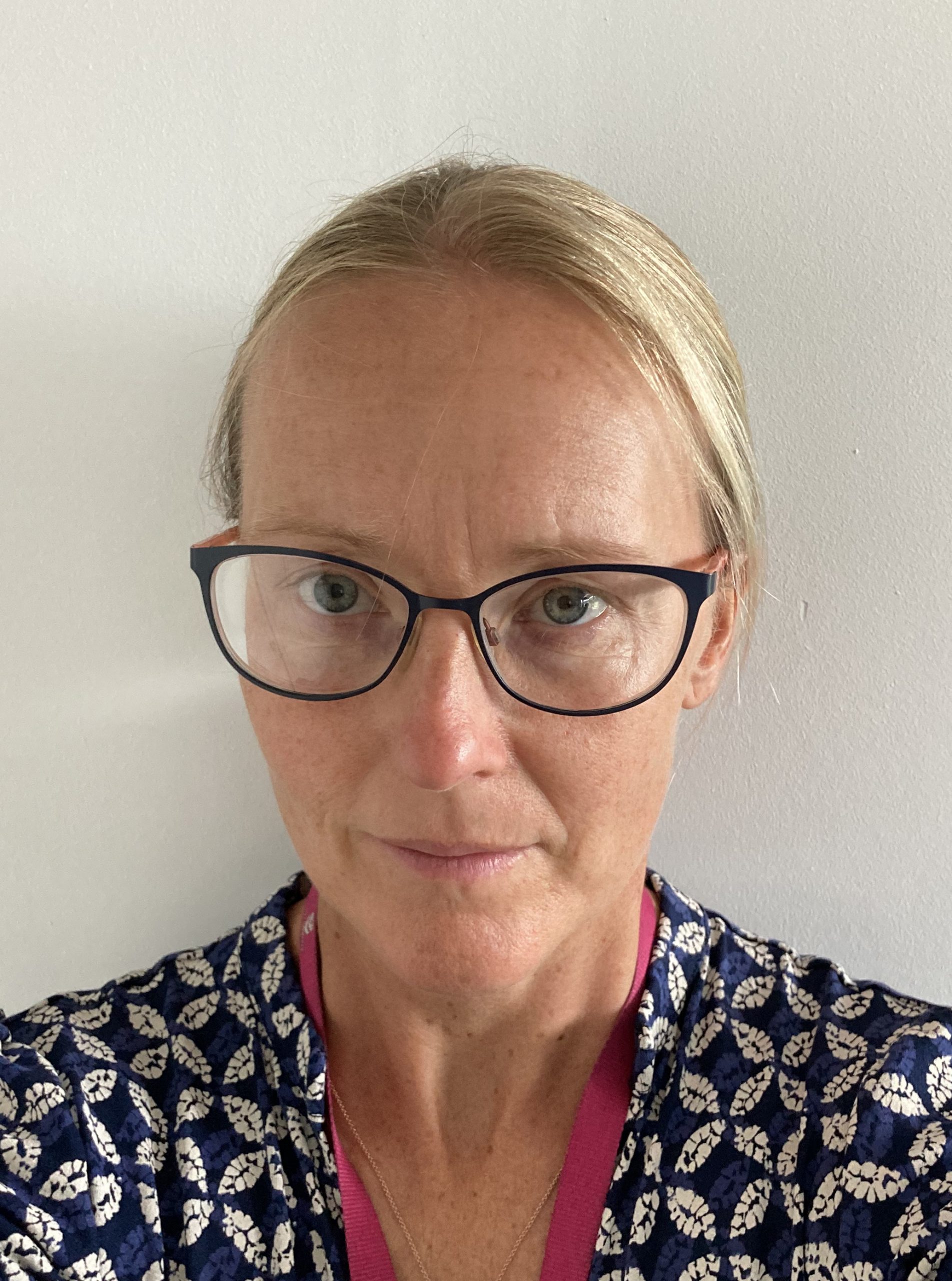 |
Dr Natalie Pearson is a Senior Research Fellow in Physical Activity and Public Health. Dr Pearson’s research involves investigating a range of issues related to the factors influencing the nutrition, eating behaviours, physical activity and sedentary behaviours of children and adolescents. Dr Pearson has a particular interest in how health behaviours co-exist and on the relationship between the family environment and young people’s health behaviours, with a focus on informing behaviour change and intervention design. |
|---|
Other events in the series
- Physical activity, energy balance and adiposity Wednesday 22nd September 17:30
- Stress, sitting time and physical activity caloric equivalents Wednesday 6th October 17:30
- Motivation, eating behaviour and diabetes in young adults Wednesday 20th October 17:30
- Hearing loss, health and wellbeing Wednesday 3rd November 18:00
If you would like to receive email updates letting you know when we are holding future events please sign up here.